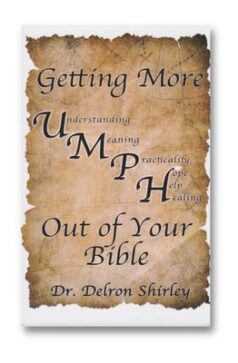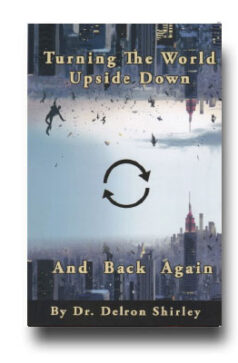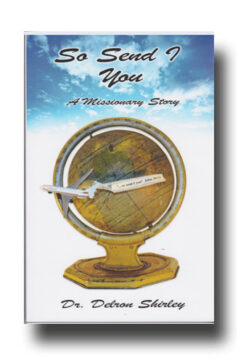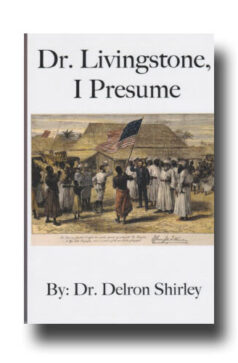William Carey – after being told to sit down and shut up – eventually won the privilege to stand up before the top leadership of the British churches and convince them that it was the responsibility of European Christians to evangelize the “heathen” of lands they had colonized. A few months later, he was off to India where he would spend the next forty-one years translating the Bible into thirty-four Indian languages; compiling dictionaries of Sanskrit, Marathi, Panjabi, and Telugu; founding the still influential Serampore College; establishing churches and nineteen mission stations; planting more than one hundred rural schools; encouraging the education of girls; starting the Horticultural Society of India; serving as a professor at Fort William College; beginning the weekly publication The Friend of India; printing the first Indian newspaper; introducing the concept of the savings bank to assist poor farmers; and fighting against sati, the burning of widows. As I sat in his chair in Calcutta, the enormity of the legacy of this “Father of Modern Missions” weighed heavily upon me.
I was equally moved by the privilege to stand in the pulpit of Adoniram Judson, the “Father of American Missions” who similarly convinced the churches in America that they had not only the obligation but also the honor of taking the gospel to foreign soil. He set out to India with the support of the American Congregational Churches; however, when his biblical studies convinced him that he should be baptized by immersion, he relinquished that sponsorship and ventured to Burma where – in spite of spending time in prison and the loss of two wives – he was able to translate the Bible into the Burmese language, partially complete a Burmese-English dictionary, establish one hundred churches, and confirm over eight thousand believers.
Of course, the impact of Mark Buntain’s legacy was almost overwhelming when I was invited to dine and even spend the night in the apartment of this pioneer Assemblies of God missionary to Calcutta where his thirty-five years of ministry have produced more than eight hundred churches, an entire educational system, several Bible colleges, a hospital, a nurses’ training college, and a teachers’ college.
When I was first impressed to write about legacy, my mind immediately flashed back to these and other encounters I have been privileged to have with the legacies of men and women who have changed the world. As I began to study the topic, I realized that legacy is not so much about what we do or what we physically leave behind as it is about who we are and what DNA we deposit into the lives of future generations. Without the root of a strong inner personality, we cannot bear the fruit of outward accomplishments and influences. We’ll begin our study by looking at the lives of two individuals in ancient Israel who seemed to leave a larger-than-life legacy on the following generations of their nation. In them we will see how the root of their inner personalities determined the fruit of their legacies – one in an incredibly positive way and one in an equally remarkable, negative way. David was a godly king who became what we might consider the “gold standard” against which all the succeeding kings were to be measured. On the other end of the spectrum was Jeroboam, who became the villainous role model for the future depravity of his nation. From there, the lessons that I wish to share with you in the next months are basically about how to develop our inner man.










